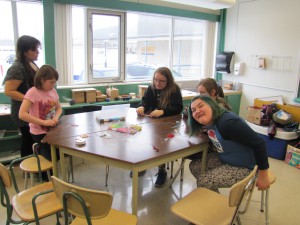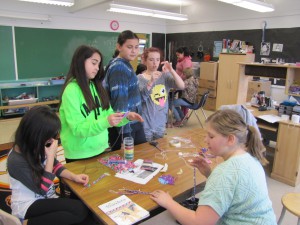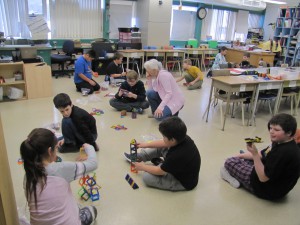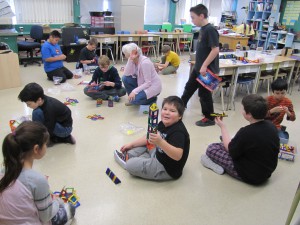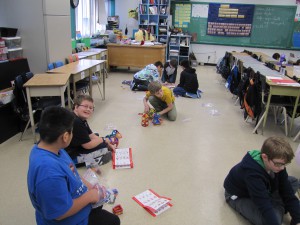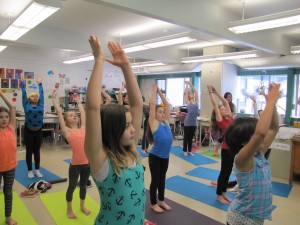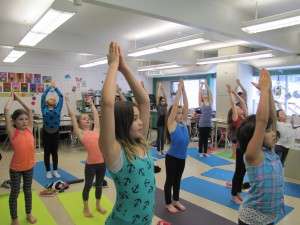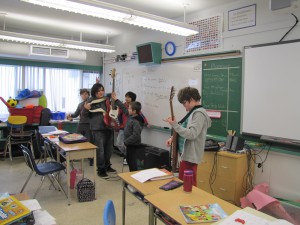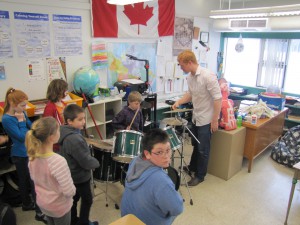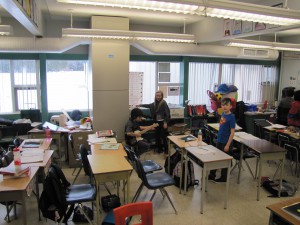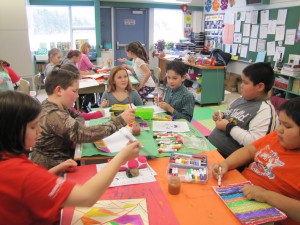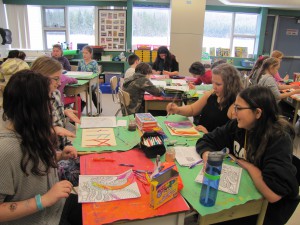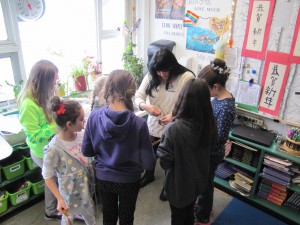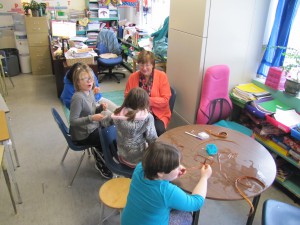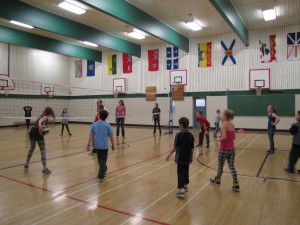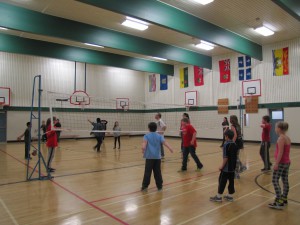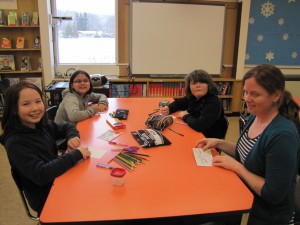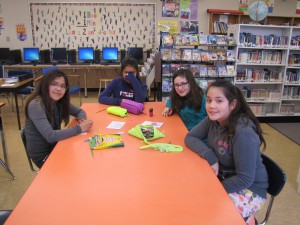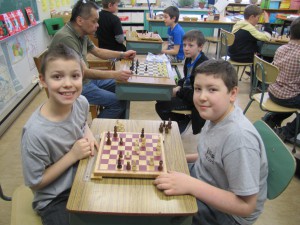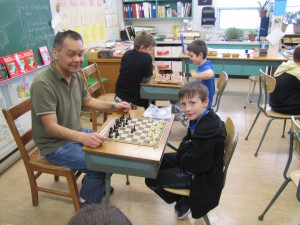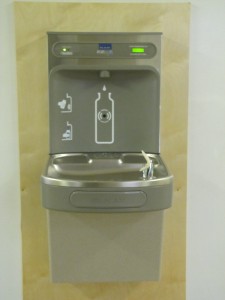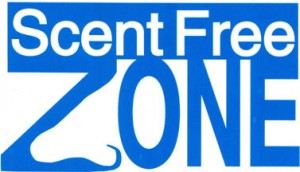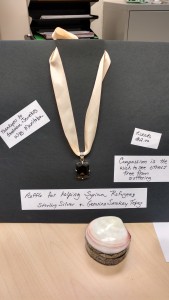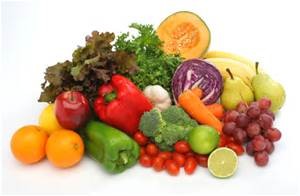Foundation Skills Assessment (FAS) Information for Parents
TIPS FOR STUDENT SUCCESS
The Foundation Skills Assessment (FSA) is a set of reading, writing and numeracy tests administered each winter to B.C. students in grades 4 and 7.
FSA does not measure students’ ability to memorize specific facts; it measures reading, writing and math problem-solving skills that students have gained during several years of learning. Some of the questions are easy and some are more challenging. Students answer the multiple choice questions on the computer and do their written work in a booklet that goes home to parents by March 31, along with the student’s overall assessment results. FSA results do not count toward student grades.
PURPOSE
FSA provides a “snapshot” of how well B.C. students are doing. Results help answer important questions, such as:
• Are all students learning vital skills they will need in school and in life?
• Is student achievement improving over time?
• Are there any trends in student performance at the school, district or provincial levels?
• How are specific groups of students doing?
VALUE FOR PARENTS
FSA is meant to complement – not replace –classroom learning. Along with classroom assessment and report card information, FSA provides valuable information to parents on how their child is performing in reading, writing and numeracy.
VALUE FOR EDUCATORS
Schools get information on how groups of students did on specific types of FSA questions. Using information from FSA, the Ministry of Education works with school districts to provide support for students and to improve teaching and learning for the coming school year.
PLANNING FOR SUCCESS
FSA results also show where individual students excel and where they struggle. FSA reading scores, for example, are a reliable predictor of a student’s likelihood of completing school on time. Paying attention to individual student results allows parents and educators to make early interventions that will lead to success later in a child’s schooling.
PREPARATION
Because they already cover reading, writing and numeracy in their regular classroom activities, teachers and students do not need to take time away from classroom learning to study for FSA.
Students will be able to do their best if they are comfortable with the FSA format, which means knowing the type of questions, how to answer multiple choice questions on the computer section, and how long answers should be on the written questions.
TIME
The entire assessment takes about four and a half hours to complete, and most schools spread them over the course of two or three days. That’s less than 10 hours in total of provincial assessment from Kindergarten through Grade 9.
COSTS
FSA is not expensive. It costs about $20 for each student in Grade 4 and Grade 7, or an average of $2 a year over a student’s first 10 years of schooling.
SCHOOL RANKING
The Ministry of Education does not support the rating or ranking of schools based on FSA results. However, the Ministry does support making school, district and provincial level results available to the public.
FSA provides valuable information on student learning, but is only one measure of student performance. School rankings based solely on FSA ignore other important measures of student achievement and fail to account for factors such as demographics, location, school programming as well as some of the various features that characterize individual schools and school populations.
SAMPLE VS. CENSUS
FSA is about more than the overall performance of the provincial school system. All Grade 4 and Grade 7 students are expected to write the FSA because information about every child is important to parents and to schools. A sample of students would not provide information at the school or district level about specific groups of learners who may need extra help, nor would it provide information about individual children.
FSA FACTS
There is a strong correlation between FSA scores and eventual school completion.
For students who met or exceeded expectations in Grade 7 reading achievement, the completion rates are 90 per cent and 100 per cent respectively. These results have been consistent over the past four years.
Over the same period, among Grade 7 students who did not meet expectations in reading achievement, fewer than 67 per cent completed high school within the six-year time frame.
The same correlation can be seen at the grade 4 level.
TIPS FOR STUDENT SUCCESS
There is no additional preparation required for FSA; however, following these simple tips will help your child prepare for any test, including FSA.
• Ask your children questions about their schoolwork and encourage them to talk about what they’re learning.
• Set up a study area away from the TV with adequate supplies and lighting.
• Be available to answer questions and offer assistance, but never do a child’s homework for them.
• Students do better when they are healthy, well-rested and alert. Make sure your child gets a good sleep, eats a complete breakfast and arrives at school on time.
• Help your children get a library card and plan your trips to the library.
• If your children are struggling, talk to their teachers and work with them to develop a strategy for improvement.
FOR SCHOOL, DISTRICT AND PROVINCIAL RESULTS, SAMPLE QUESTIONS AND FURTHER INFORMATION VISIT: www.bced.gov.bc.ca/assessment/fsa

